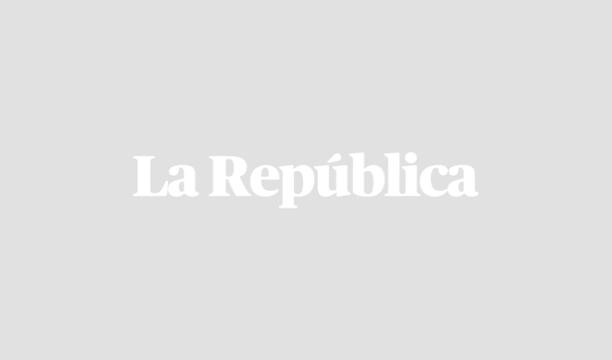One week before the elections in Peru, the center-right presidential candidate Yonhy Lescano (10%) still leads the voting intention polls despite falling, escorted by the leftist Verónika Mendoza (9%) and the right-wing Hernando de Soto (9%), according to a poll published this Sunday.
The Ipsos study for the newspaper El Comercio confirms the forecasts that ensure that the election will be close and none of the 18 candidates will win the presidency on Sunday, April 11, so there will be a second round on June 6.
The distance between the first and the seventh applicant is just 4.0 points.
In fourth place are tied, at 8%, ex-footballer George Forsyth (center-right) and Keiko Fujimori (populist right).
The far-right Rafael López Aliaga fell three positions and placed sixth, along with the leftist Pedro Castillo. Both are equal at 6%.
Lescano fell five points compared to the previous survey in March while De Soto (+5 points) and Mendoza (+3) are the ones that rebound and make predicting an end unpredictable.
“Considering the margin of error, the situation is of a virtual statistical tie between all of them,” wrote the head of Ipsos in Peru, Alfredo Torres, about the candidates that appear in the first five places.
“Peru faces the most fractional election in its history in a week,” highlighted the Ipsos representative in El Comercio.
Peruvians must go to the polls next Sunday to elect the successor to interim president Francisco Sagasti and renew the 130-member Congress, while the pandemic does not give truce.
In Peru, more than 1.5 million people have been infected, with more than 52,000 deaths. There was a record 294 daily deaths on Saturday and almost 13,000 infections on Thursday, but the authorities have ruled out postponing the vote.
In the previous Ipsos poll, published on March 14, Lescano led the vote with 15%, followed by Forsyth (10%) and López Aliaga (8%).
The Ipsos study consulted 1,505 citizens in their homes in person in the 25 regions of the country, with a margin of error of 2.5%.
The markets have felt the effects of the electoral uncertainty and the exchange rate has risen to a record of almost 3.8 soles.

